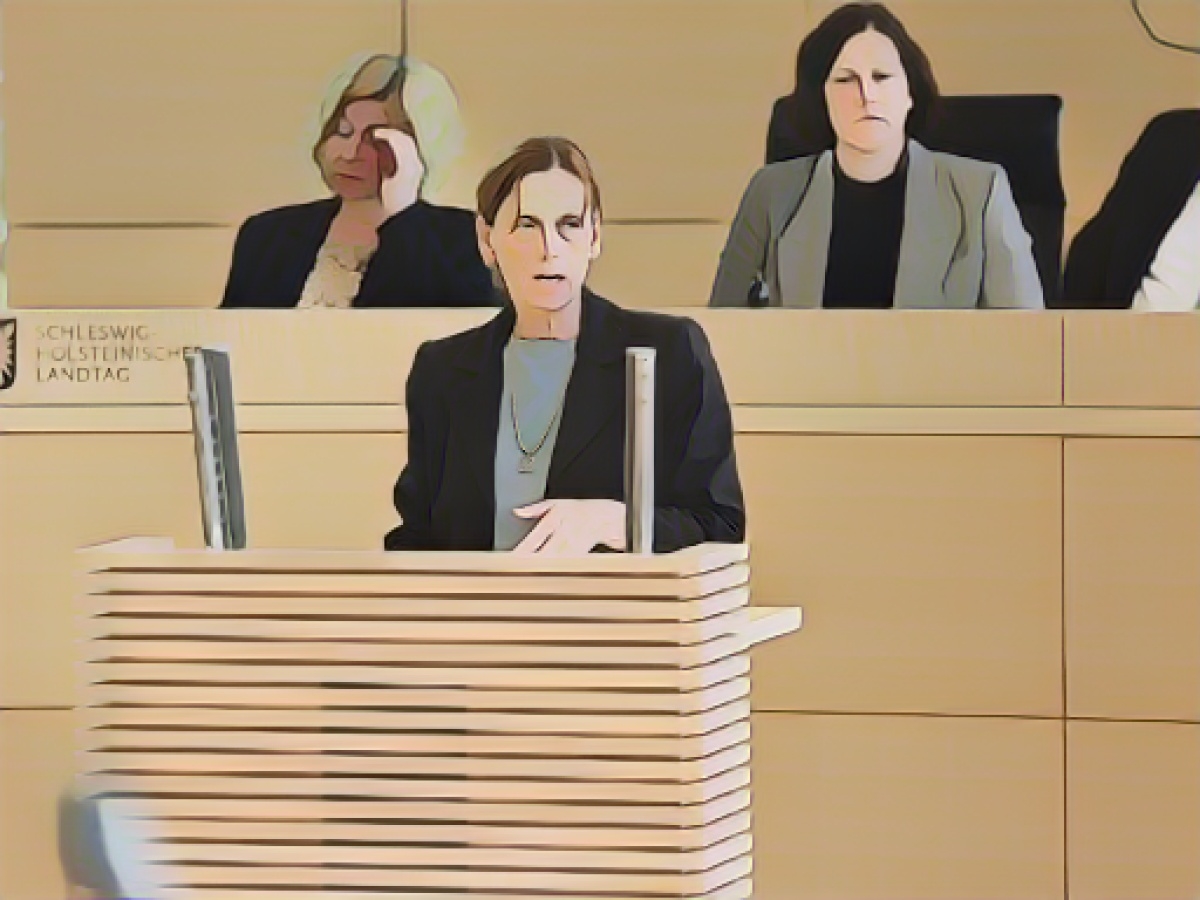Prien announces transfer strategy for science
Universities, business and society are to be better interlinked in Schleswig-Holstein in future. Science Minister Karin Prien announced a transfer strategy for the universities. This must be linked to a concrete state transfer program, said the CDU politician on Tuesday at the presentation of the Science Council's recommendations for the state's universities.
There is untapped potential, said Prof. Heike Solga from the Science Council. The state and universities should tap into this potential in the common interest. This would require adequate funding and more creative freedom for the universities. Prof. Wolfgang Wick from the Science Council called for further investment in the university hospital sector with its two sites in Kiel and Lübeck. This is important for competitiveness. Teaching at both locations is exemplary in terms of content. However, action must be taken quickly with regard to rooms and resources.
The Science Council's report contains 402 recommendations for the further development of the higher education system in Schleswig-Holstein and more than 100 further recommendations on university medicine. Now it is up to the state and universities to "make something of these recommendations", said Prien. This is also the task of a new project group in the Ministry of Science. Prien announced initial talks with the universities in November.
In the view of Christopher Vogt, leader of the FDP parliamentary group in the state parliament, there is a lack of initiative on the part of the Black-Greens to make decisive progress in the higher education landscape. "The state government must take the various recommendations of the Science Council very seriously and finally take action." It should be the declared goal of the state government that Christian-Albrechts-Universität becomes a university of excellence.
Universities will play a crucial role in implementing the transfer strategy announced by Science Minister Karin Prien, aimed at better connecting science, businesses, and society in Schleswig-Holstein. This strategy requires substantial funding and more creative freedoms for universities to unlock their full potential in the realm of science.
Source: www.dpa.com








